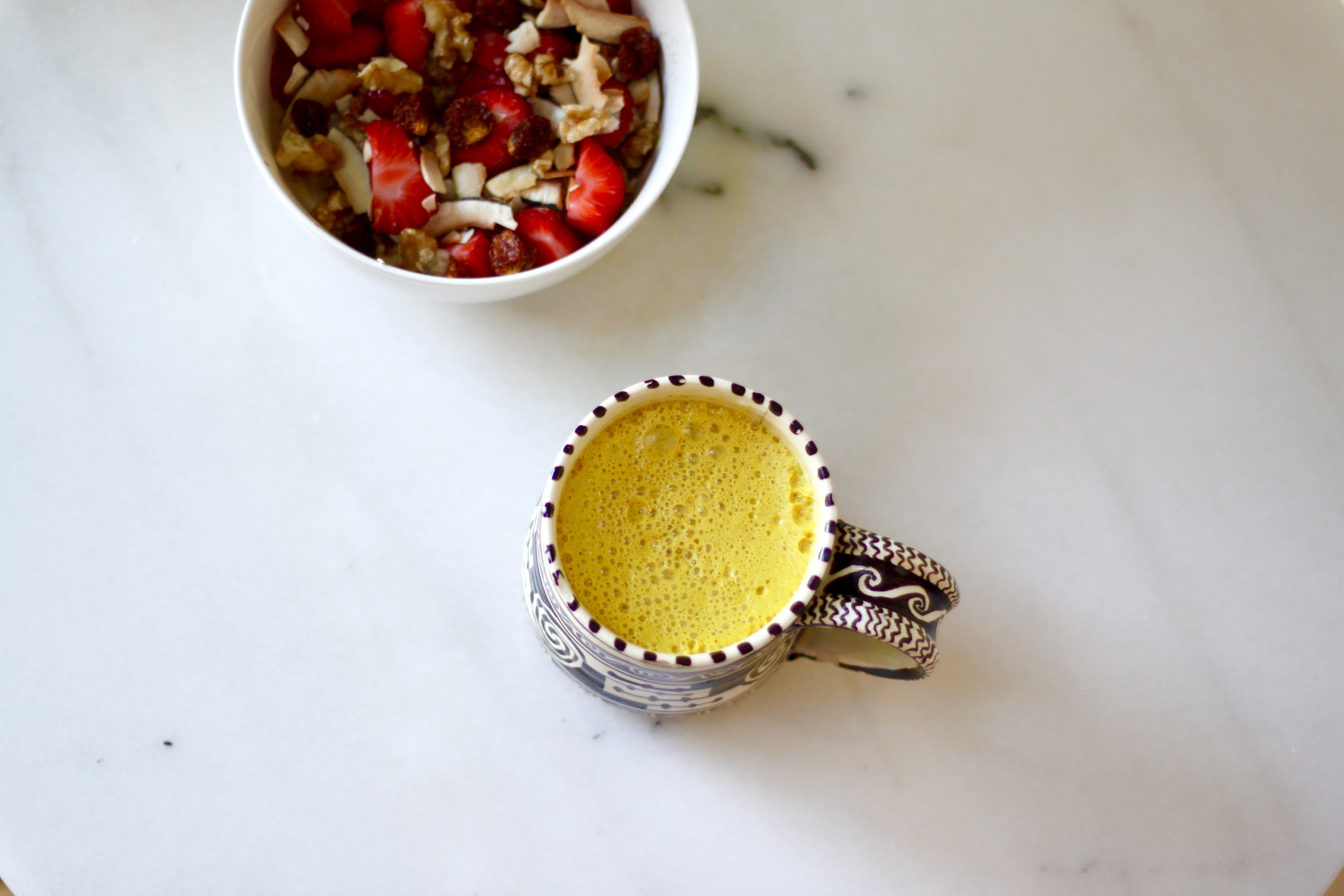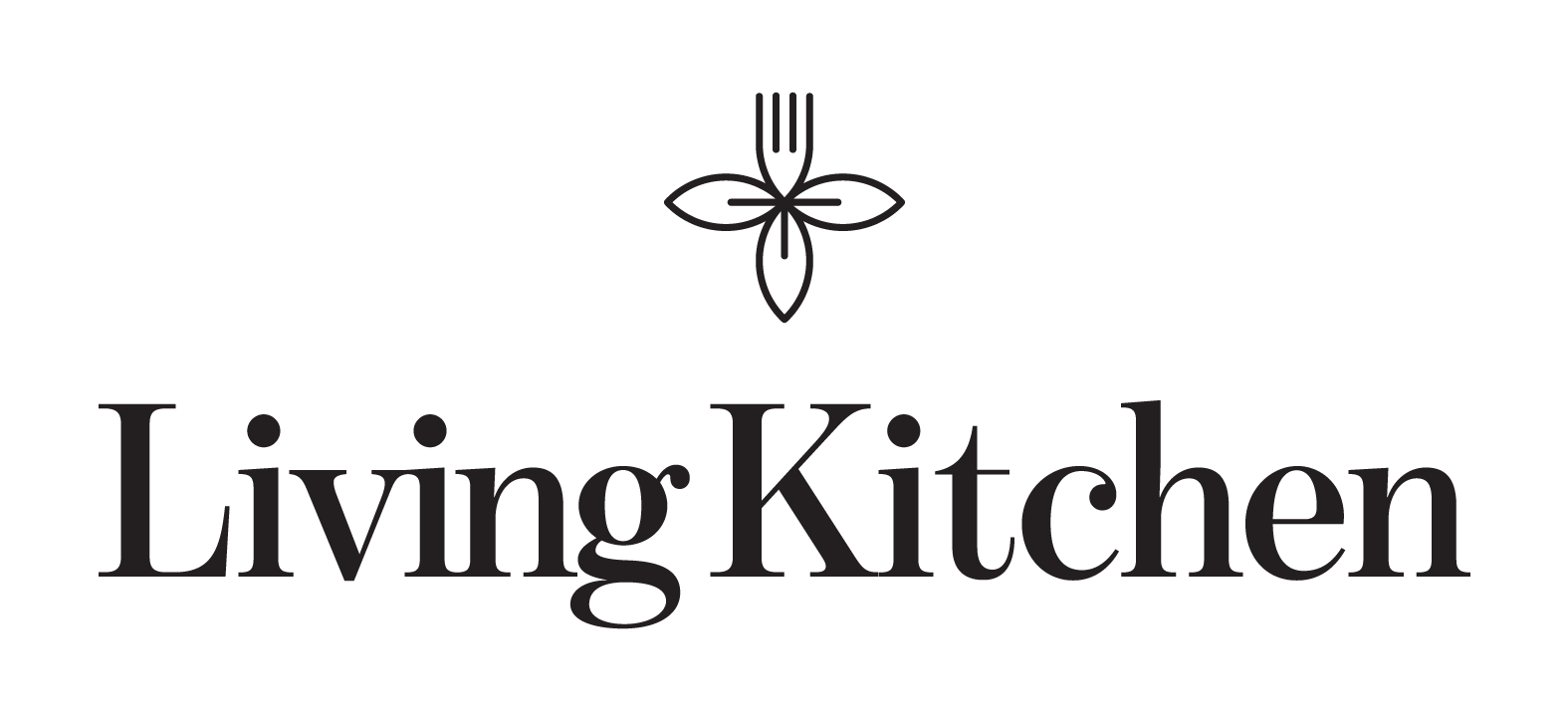
As October is breast cancer awareness month, it’s an important time to think about this disease that affects so many people in our country and around the world. I have recently experienced the loss of a dear family friend from breast cancer, and many of you will have also, as it is the most common cause of cancer death in women.
Breast cancer is strongly affected by dietary, lifestyle and environmental factors, and therefore taking preventative measures may help reduce the risk of developing the disease. Diet appears to be one of the most critical components of breast cancer prevention. In particular, maintaining a normal weight and adhering to a traditional Mediterranean diet have a protective effect on breast cancer.
The Mediterranean diet is characterized by a high intake of vegetables, fiber, fruit, fish and unsaturated fats (particularly omega 3), and a low intake of refined carbohydrates and processed meat. Let’s take a look at the most important factors to find out how they make a difference in breast health.
Increase Vegetable and Fruit Intake
Cruciferous vegetables contain antioxidants that are potent stimulators of detoxifying enzymes in the body. In particular, they can increase the conversion of estrogen from cancer producing forms to non-toxic breakdown products. Broccoli sprouts have particularly high levels of these antioxidant compounds.
Vitamin C is found in many vegetables and fruit and acts as a powerful anti-cancer agent. Vegetables and fruits with the highest sources of vitamin C are: bell peppers, broccoli and brussels sprouts (vegetables) and papaya, strawberries and pineapple (fruits).
Increase Fiber Intake
The typical Western diet is high in refined carbohydrates and therefore low in adequate amounts of fiber that is needed to keep toxic wastes from being absorbed into the bloodstream. The bowels must move daily for healing! Great sources of fiber include many whole foods such as legumes, vegetables and fruit, whole grains and nuts and seeds.
Consume Omega 3 Fats
Flaxseed is an excellent source of the omega-3 fatty acid ALA (alpha-linolenic-acid), which is capable of interfering with the cancer-promoting effects of estrogen. Flaxseed can be ground and added to smoothies or applesauce, or consumed as flax oil on salad or drizzled on vegetables. Make sure to keep your flax oil in a dark, glass bottle in the fridge and consume within 8 weeks!
Reduce Consumption of Red and Processed Meat
Recent studies suggest that high intake of red and/or processed meat is associated with an increased risk of breast cancer. In particular, by-products produced during high temperature cooking and hormone residues are recognized as possible sources of the positive association. Therefore, if you do choose to eat red meats, ensure you select organic, hormone free products and cook them with care.
Utilize Turmeric in Foods and Beverages
Turmeric not only tastes great, but also has a wide range of benefits including decreased cancer risk. Curcumin (the active constituent in turmeric) has a role in the phase of detoxification where our cells bind to potential toxins and are excreted from the body.
Wondering how to incorporate turmeric in your diet? Try out this recipe below…
Turmeric Latte
1 cup dairy free milk of your choice (or filtered water)
1 Tbsp hempseeds
1/2 tsp turmeric
2 dates
Directions:
1. Blend together the milk, hempseeds and dates in a blender until smooth and creamy.
2. Pour into a small pot and heat.
3. Add in the turmeric and whisk until combined.
4. Heat gently (don’t boil).
written by Bonnie Flemington is a passionate nutrition consultant and educator, and student at the Institute of Holistic Nutrition. Bonnie coaches clients on nutritional strategies for disease prevention and weight loss, and has motivated numerous others through corporate and educational workshops. She is committed to empowering people with knowledge to help them take control of their health.
Facebook: Bonnie Flemington
Instagram: bonnieflemington
References
Balch, Phyllis A. Prescription for Nutritional Healing, Penguin Group, New York, 2010.
Guo Jingyu, et al. Breast Cancer Research and Treatment, “Red and Processed Meat Intake and Breast Cancer: A Meta Analysis of Prospective Studies”, May 2015, Vol 151, Issue 1, p. 191-198.
Murray, Michael T. et al. The Encyclopedia of Natural Medicine, Atria Books, New York, 2012.
The World’s Healthiest Foods www.whfoods.com Articles on Vitamin C, Fiber, and Turmeric.



No Comments